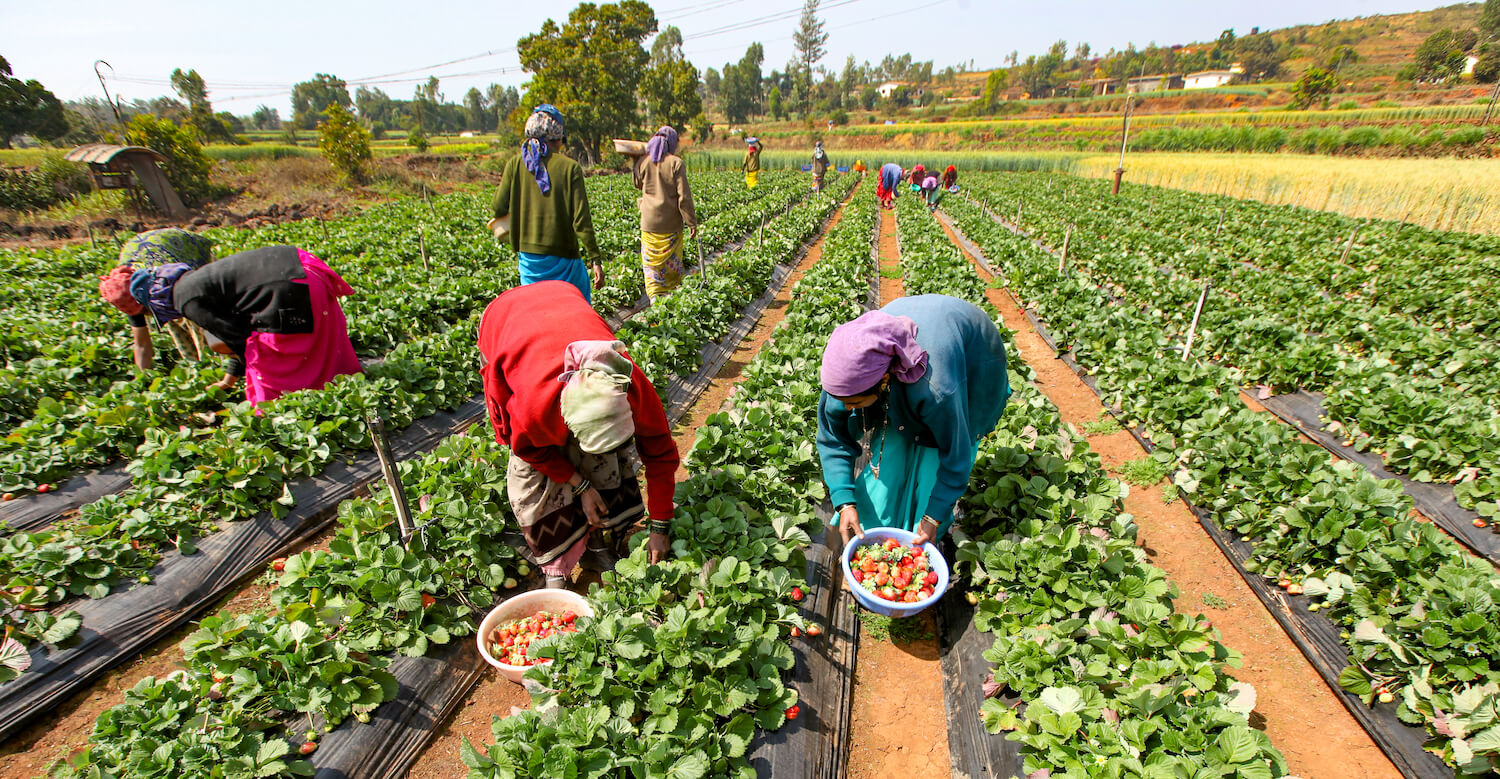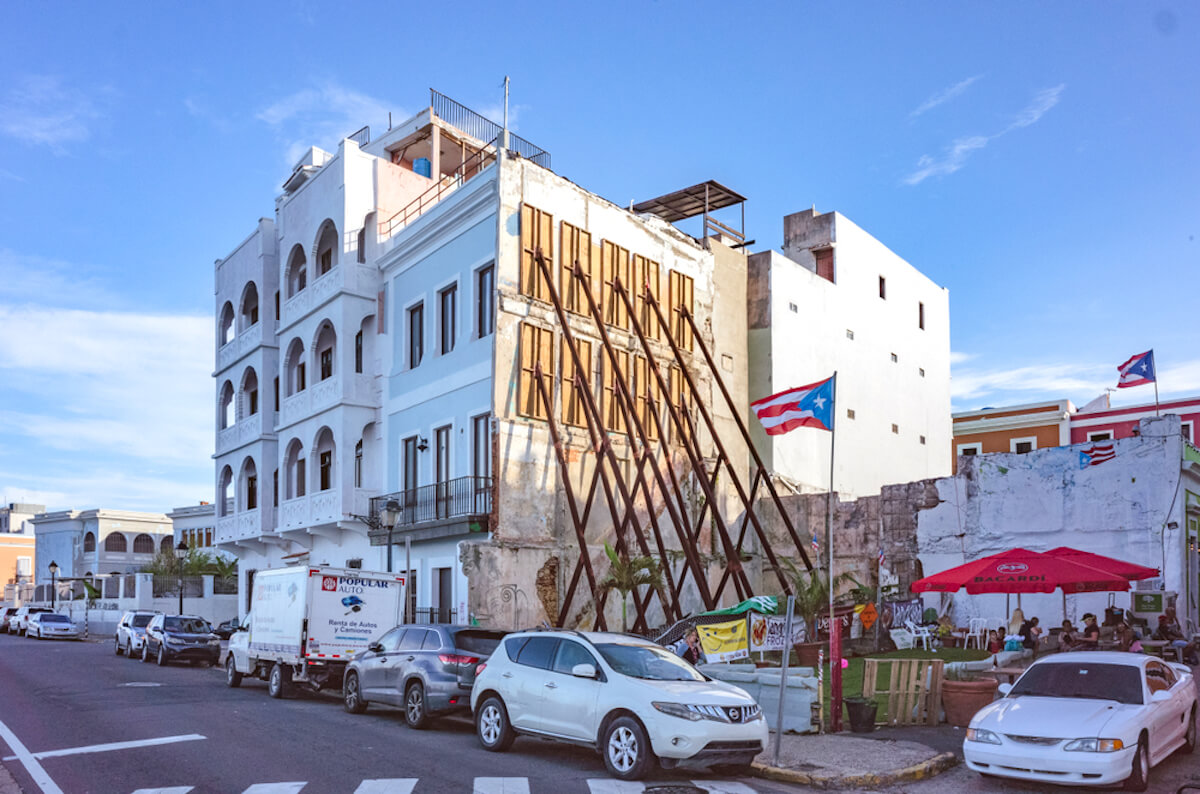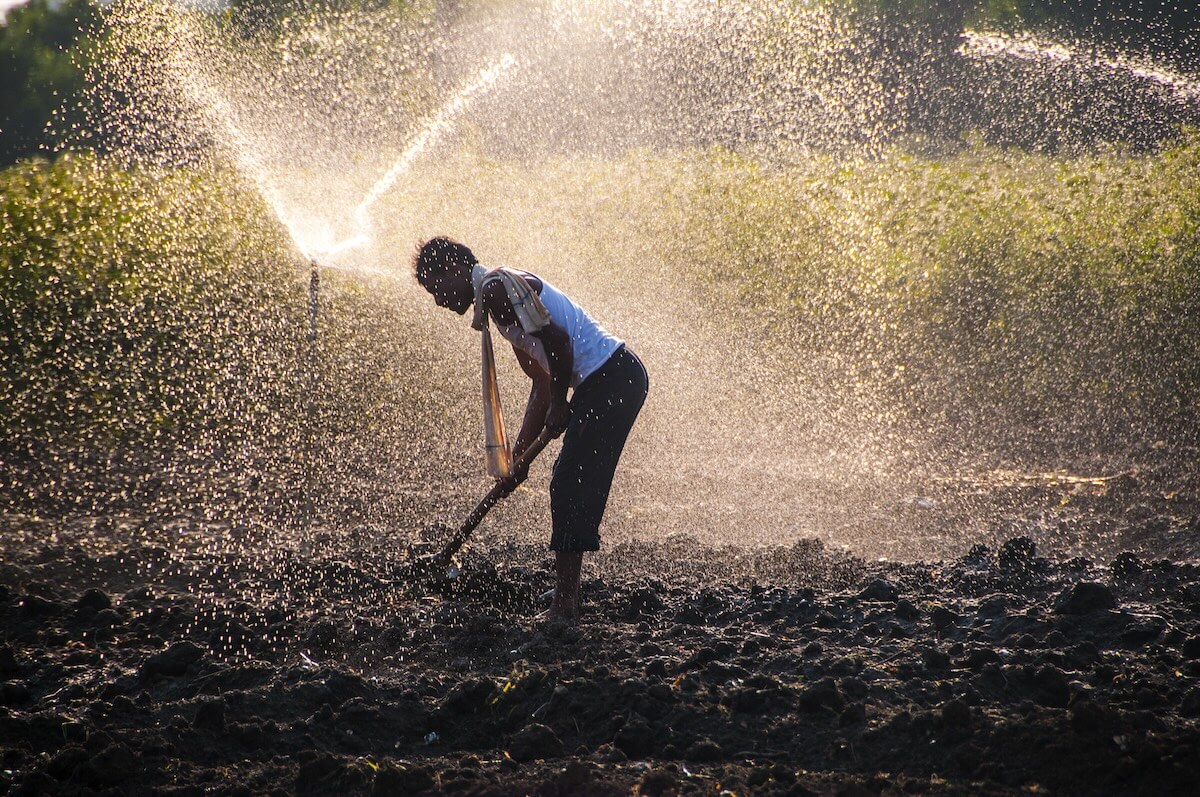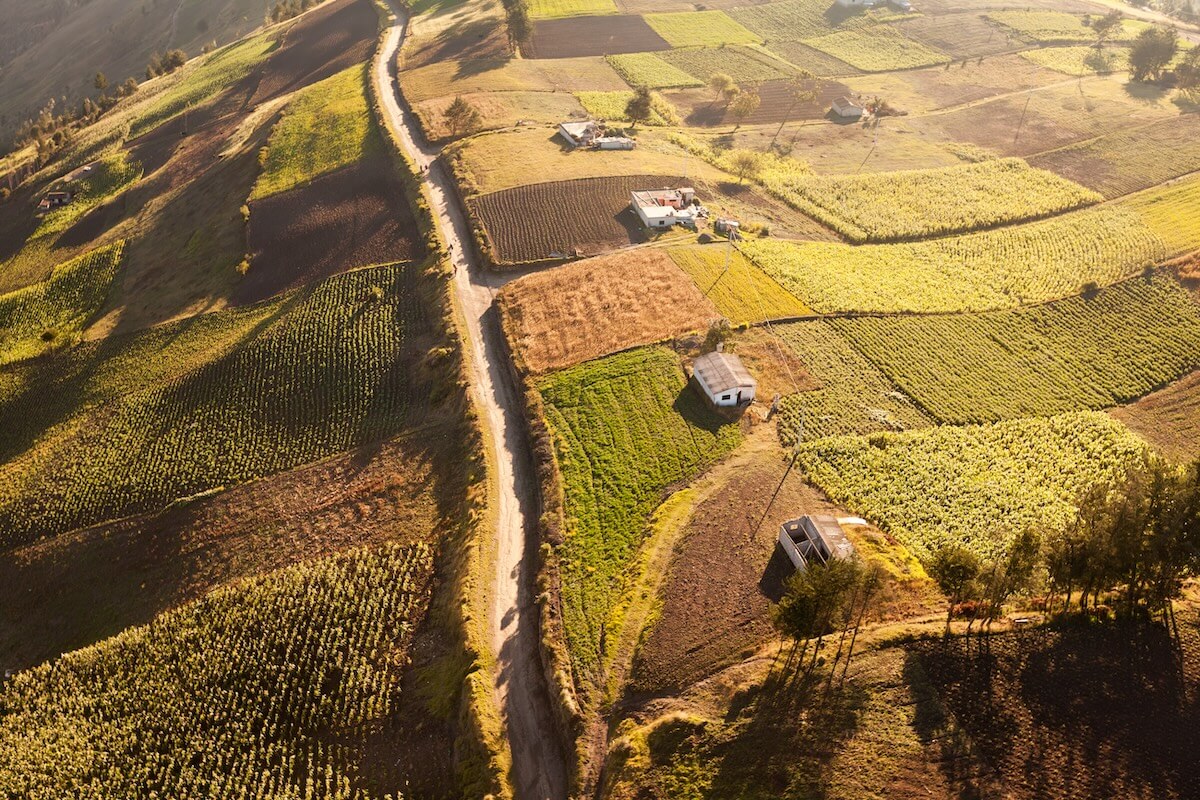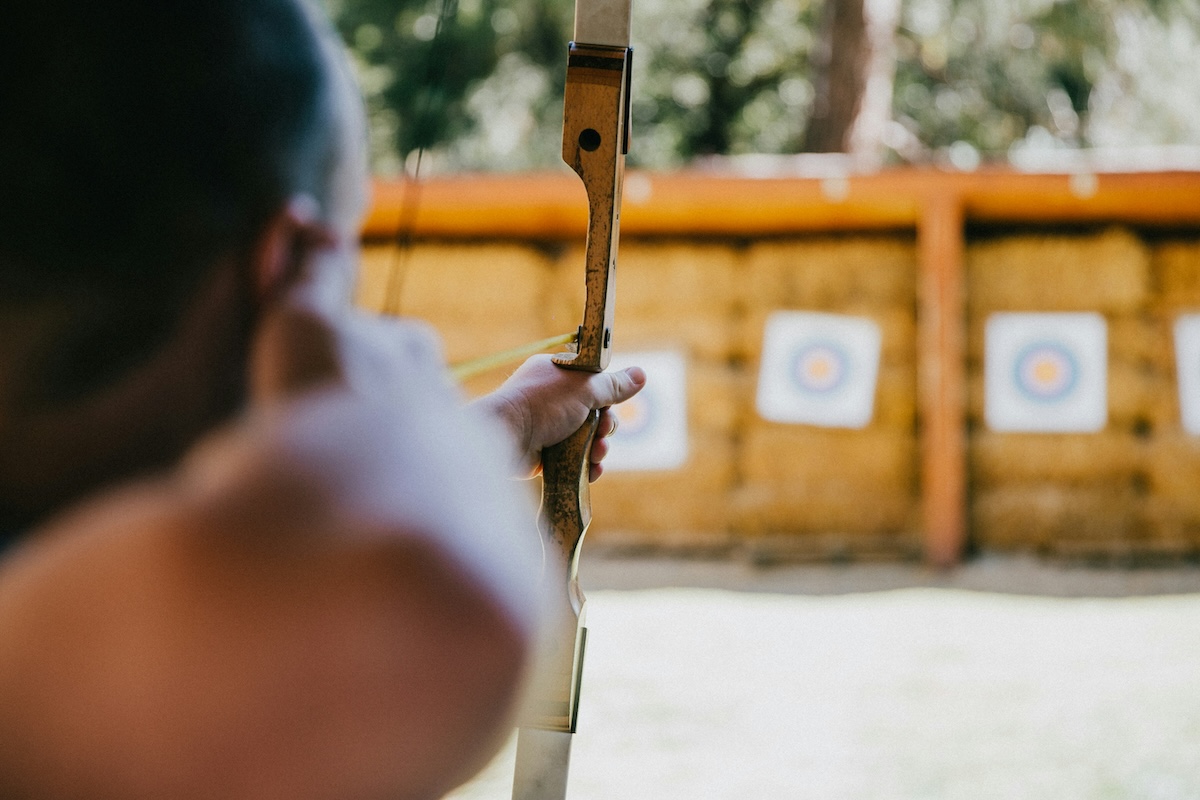The past year required acceptance of the reality that an ability to adapt to changing circumstances is simply the new normal for successful impact organizations.
As we sit down to pen a 2021 retrospective, it is hard to believe that we are nearing two years of the global, COVID-19 crisis. Year One was marked by acute “firefighting” in an attempt to support our partners through the sharpest, unknown period of the crisis. In April of 2020, we laid out a three-point framework for moving forward: Stay in our lane. Build bridges to somewhere. And, when this ends, the world will still be unfair and unequal.
The three pillars remain instructive guideposts for how we’re looking at 2022. Despite the continued uncertainty and challenges, our pace of activity in 2021, 20 new deals and more than $30 million in new commitments, remained on par with previous years.
No. 1: Stay in our lane
In 2020, we wrote, “We know how to lend patient, impact-first capital… it did not take a crisis for us to realize that vulnerable communities need deeply concessionary capital to survive…they only need it more now.”
While others may have been moved to expand the breadth of their work or to explore different philanthropic tools, we have doubled down on sticking to our focus.
In a world where building new relationships through on-site diligence has been difficult or impossible, staying in our lane has meant increasing our commitments to existing partners. This included a $3 million commitment to Global Partnership’s latest Impact-First Growth Fund (IFGF), a companion fund to the firm’s earlier Impact-First Development Fund (IFDF). The new fund is focused on helping global microfinance institutions and small businesses remain resilient through the pandemic. Our junior, first-loss position has helped unlock a $37.5 million senior commitment from the U.S. DFC.
Similarly, we deployed $1.5 million into the mezzanine tranche of Lendable’s new MSME Credit Fund, a vehicle focused on delivering credit to underserved businesses in Sub-Saharan Africa. Having supplied Lendable with its first, $2 million pilot facility many years ago, we have been proud to watch them grow and mature to a point of raising a $100 million fund supported by some of the world’s largest development institutions.
In addition to Lendable, we made new, follow-on commitments to other existing fund partners including $2 million with WaterEquity’s Global Access Fund, $2 million to Quona’s Fund III, $2.5 million to Bridges Property Fund V, and $2.5 million in Microvest’s Enhanced Debt Fund.
In the same way we stayed in our lane with fund partners, we likewise increased our commitments to a number of existing direct borrowers including a new $3 million loan to One Acre Fund, as well as working capital lines to Apollo Agriculture ($1.5 million), Good Nature Agro ($1 million), and MyAgro ($700,000).
No. 2: Build bridges to somewhere
At the beginning of the crisis, we reminded ourselves “the more money we can avoid chewing up in situations where the survival of businesses is unlikely, the more capital we can preserve to assist in post-crisis recovery and growth.”
This was an easy line to write, but a much harder philosophy to carry out in practice. For the first time in our nine-year operating history, our portfolio suffered meaningful capital impairments, primarily in our direct lending activity.
We struggled through painful decisions to shut down or scale back select enterprises, and engaged in highly contentious disputes with certain executives whose egos blinded them to the reality of their predicaments. They say that there is nothing like a crisis to bring out the best and worst in people and in 2021, we saw both of it from some of our investees, as well as our co-investors.
As a number of the harder situations remain unresolved, it would be inappropriate to name names publicly, but we have learned that character matters for everything and that overlooking concerns when times are good can bite when times are bad. We have learned that negotiating with co-investors means managing much more than just pure financial, fiduciary concerns and must take into account a range of personal and optical considerations that can be complex to untangle. Finally, we have learned that being a good impact investor does not need to mean bailing out poor judgement in the name of impact.
On the bright side, we supported a number of funds and enterprises to pull through some incredibly challenging circumstances and to “build bridges to somewhere”. Most apropos, we made a $500,000 loan to Bridges to Prosperity (B2P) that literally builds bridges to somewhere in the form of connecting communities in sub-Saharan Africa separated by river crossings or canyons. One of our many investees that we have met through our friends at the Mulago Foundation, B2P had significant, pre-pandemic financial support from corporate sponsors that sent traveling volunteers to projects in East Africa. With those activities curtailed, B2P has done a commendable job of maintaining corporate relationships, expanding government collaborations, and carrying on with its mission.
Other investees were working through the pandemic to continue to build bridges to more stable conditions for end beneficiaries. We made a new $750,000 commitment to the Kiva Capital Refugee Investment Fund that works with microfinance funds specialized in lending to displaced communities. In addition, we made a $1 million commitment to the Koret Israel Economic Development Fund (KIEDF). With an emphasis on building bridges to more peaceful coexistence between communities in Israel, KIEDF has worked for nearly 30 years lending to Arab-Israeli women entrepreneurs and more recently launched a covid resilience loan facility supporting a broader range of Arab-Israeli small businesses.
Finally, we made a $1.5 million commitment to IIX’s Women’s Livelihood Bond IV, a public debt offering that will direct money to women-focused financial institutions helping to bridge the gender gap in access to financial services in Southeast Asia.
No. 3 When this ends, the world will still be unfair and unequal
Finally back in April of 2020, we wrote “while we do think that there will be aspects of life that are different on the other side of this pandemic, we do not think things will look much different for the lives of poor people around the planet… the double bottom line will rise again and we will return to a world where sacrifice is deemed no longer necessary.” We wrote this just a month before the murder of George Floyd in the United States catalyzed a racial justice movement that, much like the pandemic itself, laid bare the stark inequalities present in our world.
It would be overly cynical to say that nothing has changed in the philanthropic sector since there has been heartening activity. We have seen significant corporate and foundation support emerge within the U.S. CDFI sector focused specifically on deploying funds into minority communities. In addition to our existing CDFI relationships, we made a number of new commitments in 2021. We made a $2 million commitment to the SOAR (Southern Opportunity And Resilience) Fund, a vehicle providing lending capital to CDFIs in the U.S. South to expand their footprint with historically underserved borrowers. In addition, we provided a $1.5 million loan to the Rio Grande Valley Multibank that has been providing home mortgages and lending capital to immigrant and undocumented communities in the Colonias border region around Brownsville, Texas.
Beyond CDFIs, we have been working closely with our friends at the Candide Group on the Climate Justice Investment Collective, a group of impact-first partners co-investing in deals at the intersection of racial justice and environmental change. We made three new commitments in 2021 as part of this collaboration: a $2 million debt commitment to residential solar firm Posigen, a $450,000 commitment to Cooperative Energy Futures, a community solar developer, and a $250,000 commitment to the People’s Land Fund, a project supported by DIRT Capital and Kitchen Table Advisors to transition farmland from corporate to employee ownership.
All of this work is meaningful and impactful, yet we continue to be discouraged by how often we see the sector fawning over press releases that primarily lead to little more than new commitments to ESG investing. If we could leave you with one listening assignment to begin your year, queue up this interview with Tariq Fancy, the former chief investment officer for sustainable investing at BlackRock. If Tariq cannot convince you that your finance-first strategy is not going to change the world, we are not sure what will.
In the meantime, looking ahead to 2022, we will remain cautiously encouraged that a select number of foundations and wealthy individuals are stepping up to take higher risks, lower returns and longer time-horizons to put impact first (see ImpactAlpha’s Agents of Impact Call last year featuring Diane Isenberg alongside family-office leaders like Regan Pritzker of the Libra and Kataly foundations and Sheri Sobrato Brisson of Sobrato Philanthropies.). In addition, we continue to find resonance with faith-based investors like the Mercy Partnership Fund (see, “In search of existential answers and impact-first investors, Ceniarth finds religion”).
Finally, it would be impossible to conclude a 2021 Ceniarth retrospective without acknowledging this year’s passing of Ronnie Isenberg who, along with her late husband Eugene Isenberg, founded the Isenberg Family Charitable Foundation, Ceniarth’s primary philanthropic vehicle. Ronnie and Gene began a legacy of philanthropy and a focus on society’s inequalities that we carry forward today. Her warmth, smile and generosity will be missed by those of us who knew and loved her.
Diane Isenberg and Greg Neichin are Ceniarth managing directors.

